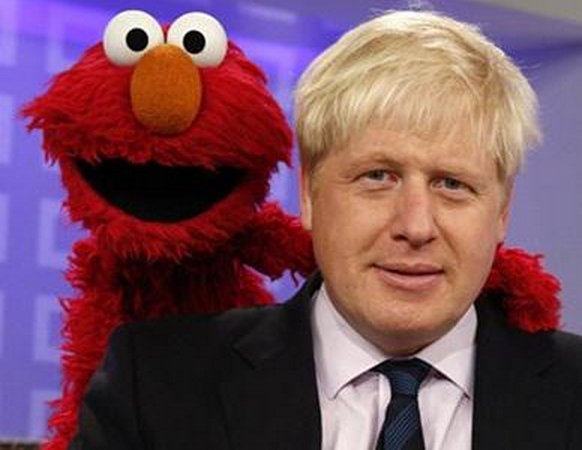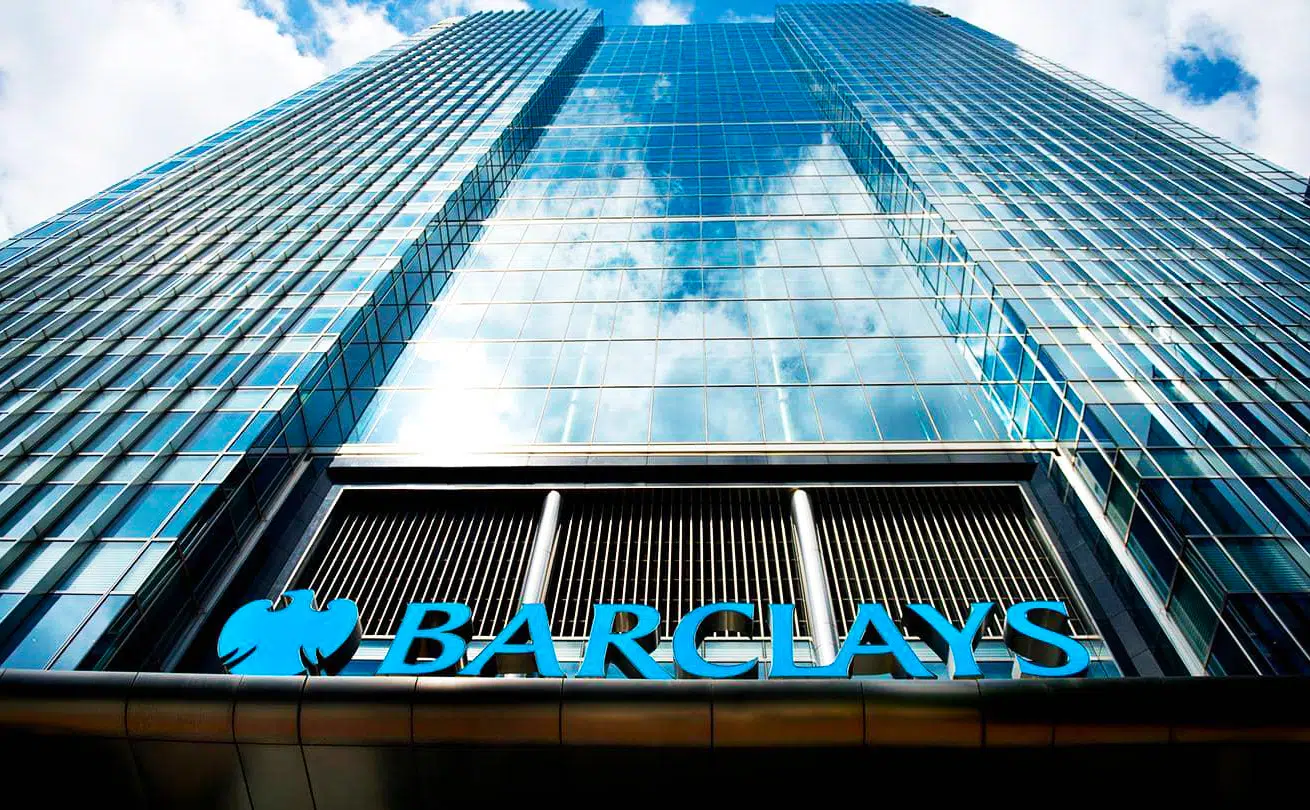Boris Johnson ignored warnings from Covid scientists about public messaging
Original article by Finlay Johnston republished from Open Democracy under a Creative Commons Attribution-NonCommercial 4.0 International licence.

A Cabinet Office scientist who raised concerns over ‘stay alert’ was told it was ‘too late’. SAGE was not even asked
The government’s scientific advisers said they were cut out of decisions on pandemic messaging and compared Boris Johnson to Donald Trump after he tweeted out new guidance before they could flag concerns.
The Covid inquiry today heard the Scientific Advisory Group for Emergencies (SAGE) was not given the chance to advise on the ‘stay alert’ slogan before it was announced by the PM on social media in May 2020. The new messaging, which replaced the ‘stay home’ slogan as the first wave of the virus began to ease off, was heavily criticised at the time for being confusing.
An email was shown from Theresa Marteau, a member of the Scientific Advisory Group for Emergencies (SAGE), in which she told fellow members that the ‘stay alert’ messaging had “the potential to do much damage” and said “our advice has not been sought”.
Marteau said the proposed new guidance could increase the R number – the average number of secondary infections produced by a single infected person – bringing “all the expected negative health and economic consequences”.
She told colleagues that government officials should be urgently made aware of their “concerns” and they needed to “intervene” before the message went out to the public that evening.
But further emails showed the scientists’ responding to Johnson tweeting out the message before they were able to advise on it. They expressed concern about his decision and one wrote: “We have learnt so much from Donald Trump…”
Another email shown to the inquiry revealed that a behavioural scientist in the Cabinet Office who worked on government communications did raise concerns about the guidance after finding out about it, “only to be told it was too late”.
The official said, in another email shown to the inquiry, that their team had not been consulted. In the email to SAGE members, they wrote: “The messages are kept so elusive by a small group of mainly number 10 advisers”.
They added: “I am so sorry that despite being the behavioural scientists inside the government communications service we don’t have a handle on this either. It’s so often partially political and in this case I was also told they wanted to keep it deliberately small so that there’s not too many cooks, which is also a cultural issue.”
In another email, the head of the SPI-B group of behavioural scientists said chief scientific adviser Sir Patrick Vallance had issued a warning that members of SAGE and SPI-B should avoid “getting drawn into a govt operational move and losing reputation as a response”.
The email also suggested those inside No.10 were “concerned about our correspondence”.
Lucy Yardley, co-chair of the SPI-B group and a behavioural science expert, said following this incident: “Things didn’t improve in terms of being consulted…on the whole the communications tended to go ahead with very little input from SPI-B.”
Days after the new messaging was announced, Johnson was accused of misleading Parliament by suggesting Vallance and chief medical officer Chris Whitty had signed off on it.
James Rubin, who chaired the group alongside Yardley, earlier told the inquiry that their advice was not heeded and that it “seemed to disappear into a black hole”.
Rubin gave the example of explicitly advising the government against using fear in their messaging when a new variant of Covid arose in December 2020.
“We argued against [using fear] on multiple occasions,” he said.
The inquiry was then shown WhatsApp messages from Matt Hancock, then health secretary, and Simon Case, cabinet secretary.
In the exchanges, Hancock and Case said they intended to “frighten the pants off everyone with the new strain” and that “ramping up..the fear/guilt factor [is] vital”.
Yardley also expressed her concern about the government’s Eat Out to Help Out campaign.
“The ‘Eat Out to Help Out’ slogan… that came at a really crucially problematic time, because it was during the summer and that was when there was a really missed opportunity. That was when the infections were low and we could have all hopefully kept them low”, she said.
The inquiry continues.
Original article by Finlay Johnston republished from Open Democracy under a Creative Commons Attribution-NonCommercial 4.0 International licence.
